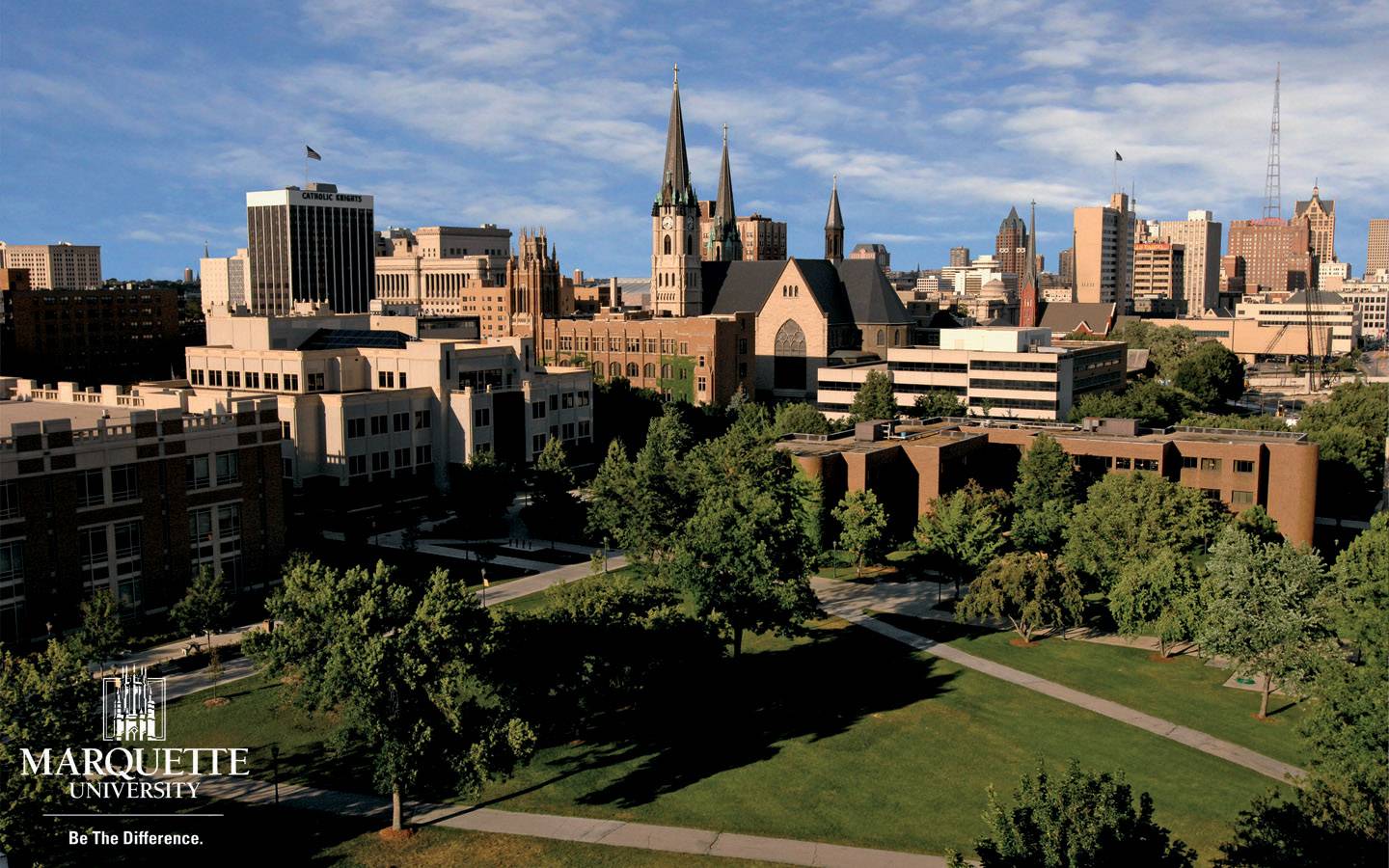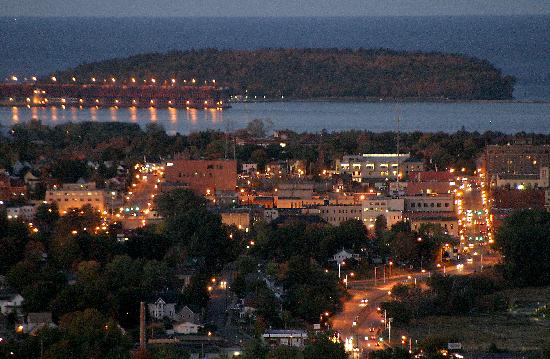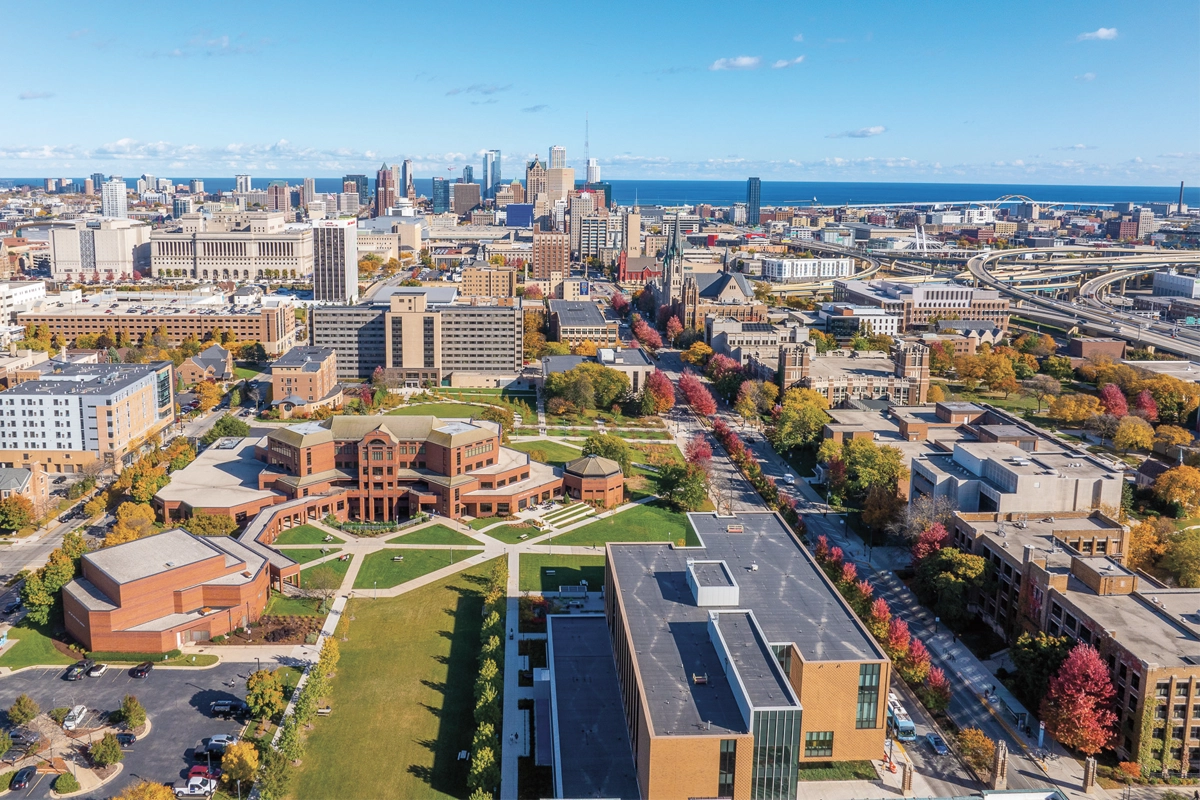Exploring Marquette's Past: The Marquette Regional History Center
Have you ever stopped to consider the stories held within a place, the layers of time that shape a community? It is truly something to think about, how every street, every building, and every natural feature has a tale to tell. Discovering these local stories, the very ones that make a town unique, can connect us deeply to where we are. It offers a chance to see how people lived, what they cared about, and how things came to be.
In Marquette, Michigan, there is a special spot where these stories come to life, offering a chance to step back through the years. This place, the Marquette Regional History Center, stands as a central point for remembering and sharing the rich past of the area. It is, you know, a very important part of what makes Marquette what it is today, offering insights into its unique journey.
This article will take you through what makes the Marquette Regional History Center such a valuable resource for both local folks and visitors. We will look at its collections, how it helps the community, and what you can expect when you visit. It is, in some respects, a true treasure for anyone keen on understanding the history of this part of Michigan.
Table of Contents
- The Heart of Marquette's Heritage
- A Look into the Past
- From Ancient Times to Recent Memory
- Exhibits and Stories Uncovered
- More Than Just a Place to Visit
- A Space for Community Connections
- The Longyear Research Library's Treasures
- Working Together on Shared Stories
- Keeping History Alive
- How the Center Continues Its Work
- Ways to Help Support This Local Gem
- Getting Ready for Your Visit
- An Experience for Everyone
- Finding Your Way to the Center
- Questions People Often Ask
The Heart of Marquette's Heritage
The Marquette Regional History Center serves as a key place for understanding the history of Marquette County and the wider Great Lakes region. It documents everything from very early times, when the glaciers began to pull back some 10,000 years ago, right up to the present day. This broad sweep of time means there is a lot to take in, covering many significant moments and changes that have shaped this area, you know, over countless generations.
This institution, which first opened its doors in 1918, has been a cornerstone of the community for well over a century. It provides many interactive displays that are designed for everyone in the family to enjoy. So, it is a spot where people of all ages can find something interesting and learn something new about the past, a rather engaging experience for many visitors.
More than just a building full of old things, the Marquette Regional History Center is a history museum that offers fully engaging, interactive displays. It also has a gift shop and a research library. The center does not just keep old items and displays; it also works as a place for bringing the community together and making connections between people. It is, in a way, a living part of Marquette's identity, always growing and sharing stories.
The center plays a really important part in the future of cultural tourism for the area, too. When you think about other local spots like the children's museum, the maritime museum, and the iron ore museum, the Marquette Regional History Center fits right in. It helps tie all these historical threads together, making Marquette a stronger draw for people who enjoy learning about the past. It is, arguably, a very important piece of the overall cultural picture here, attracting visitors from all over.
A Look into the Past
From Ancient Times to Recent Memory
The history covered at the Marquette Regional History Center spans an incredible amount of time. It begins about 10,000 years ago, when the giant ice sheets started to disappear from the landscape, and continues all the way to around 1980. This wide range means that visitors can see how life changed dramatically over thousands of years, from the very first people to live here to the more recent past. It is a very broad scope, covering so much of what happened here.
The center focuses on Marquette County and the nearby Great Lakes region, which is a significant part of the state's story. It gives people a chance to understand the long journey of this particular part of Michigan, and how it fits into the larger picture of the Great Lakes. This focus helps visitors get a deep sense of place, learning about the specific events and people who shaped this unique corner of the world. It is, you know, quite a detailed look at local developments.
Exhibits and Stories Uncovered
Inside the Marquette Regional History Center, you will find many kinds of exhibits that explore different parts of life through time. These displays look at things like how people traveled, what sports they played, and how they communicated. While the information is rich, the center aims to make the learning experience engaging for everyone. You can find out about early examples of technology, school projects from long ago, and even artwork created by people in the past. It is, in some respects, a very varied collection of items.
One interesting example of the items you might see involves a photo from the vocational carpenter's shop at the Marquette Branch Prison. This picture, taken on June 23, 1939, offers a glimpse into a specific moment in the area's history. Such items, provided courtesy of the Marquette Regional History Center, help bring the past to life and show how various aspects of society developed over time. It is, apparently, a really good way to connect with past events.
The center also shares stories about how Marquette was ahead of its time in many ways, especially when it came to teaching children. For instance, the town built a public high school in 1859, which was quite progressive for that period. These details help show how the community valued education and worked to provide opportunities for its young people. It is, you know, a very good illustration of local values.
The exhibits are designed to be fully engaging and interactive, which means visitors can often do more than just look. This approach helps people connect with the history on a deeper level, making the learning process more memorable and fun. It is a really good way to experience history, rather than just reading about it, offering a very hands-on approach for all ages.
More Than Just a Place to Visit
A Space for Community Connections
The Marquette Regional History Center is much more than just a place where old things are kept. It acts as a gathering spot for people, a way to bring the community together and create connections among them. The center works to be a forum where ideas are shared, and where people can discuss the past and its meaning for today. This role helps to strengthen the bonds within the community, making it a truly valuable asset. It is, in a way, a very important part of local social life.
The center's work in this area means it is always looking for ways to involve local people in its activities and programs. It is about making history relevant to everyone, showing how past events continue to shape our lives now. This approach helps ensure that the stories of Marquette are not just preserved, but also actively shared and discussed by those who live here. It is, you know, a really good way to keep history alive and current.
The Longyear Research Library's Treasures
Within the Marquette Regional History Center, you will find the Longyear Research Library. This library is a special place that collects rare books and many archival materials related to the history of the Lake Superior region. These collections include things like old scrapbooks, newspapers, files on current events from the past, and magazines. It is, you know, a very rich resource for anyone looking to dig deeper into local and regional history.
The Longyear Research Library provides an invaluable resource for students, researchers, and anyone with a curious mind. It allows people to explore original documents and unique materials that offer direct insights into past lives and events. This makes it possible to conduct detailed studies and gain a more complete picture of the area's heritage. It is, in some respects, a truly wonderful place for learning and discovery.
Working Together on Shared Stories
The Marquette Regional History Center also takes part in important collaborative efforts with other local institutions. One notable project, for example, is called "The Marquette County, Michigan, Stories of the Pandemic." This effort was started by Northern Michigan University, the Peter White Public Library, and the Marquette Regional History Center working together. It shows how different groups can combine their strengths to document recent history. It is, arguably, a very important way to capture ongoing events for future generations.
This kind of teamwork highlights the center's commitment to collecting and preserving stories that are relevant to current times, not just those from long ago. By working with others, the center can reach more people and gather a wider range of experiences, ensuring a more complete record for the future. It is, you know, a very thoughtful approach to historical documentation, showing a real dedication to community memory.
Keeping History Alive
How the Center Continues Its Work
The Marquette Regional History Center does not receive public funding to operate. This means it relies on other ways to support its work and continue offering high-quality, educational programs and displays to both local people and visitors. The center depends on memberships, fundraising events, donations, and fees from admissions and rentals. These various sources of support are vital for keeping the center going. It is, in a way, a very community-driven effort to preserve history.
Every bit of support helps the center provide engaging experiences and keep its doors open. The money gathered goes directly into maintaining the exhibits, caring for the valuable items in its collections, and creating new programs that teach people about the past. This financial model means that the community's involvement is very important to the center's continued success. It is, you know, a rather direct link between community support and the center's ability to operate.
Ways to Help Support This Local Gem
Because the Marquette Regional History Center does not get government money, community support is truly essential for its survival. There are several ways people can help ensure this important local gem continues its work. Becoming a member is one way, as memberships provide a steady stream of income that the center can count on. Attending fundraising events also helps, as these gatherings often bring in much-needed funds while offering fun ways to connect with others. It is, in some respects, a very direct way to contribute to a valued local institution.
Making donations, whether large or small, also makes a big difference. These gifts allow the center to take on special projects or care for items that need particular attention. Simply visiting the museum and paying the admission fee helps, too, as this income directly supports its daily operations. The center also relies on rentals of its spaces for events, which provides another source of funds. We invite you to learn more about the history center and how you can be a part of its future. It is, you know, a very good way to show your appreciation for local history.
Getting Ready for Your Visit
An Experience for Everyone
When you plan a trip to the Marquette Regional History Center, you can expect a truly engaging experience. The museum features fully immersive and interactive exhibits, which means you might find yourself doing more than just looking at displays. These types of exhibits are designed to pull you into the stories and make the past feel more real. It is, you know, a very active way to learn about history, rather than a passive one.
A really important thing to know is that the museum is fully accessible. This means that everyone, no matter their physical abilities, can comfortably move through the building and enjoy all the displays and programs. This commitment to accessibility ensures that the center is a welcoming place for all members of the community and all visitors. It is, in a way, a very thoughtful approach to making history available to everyone.
Finding Your Way to the Center
The Marquette Regional History Center is located at 145 West Spring Street in Marquette, Michigan. This central spot makes it easy to find for anyone visiting the city. Many people have visited the center, with numbers showing that nearly 2,000 people have checked in there, and it has garnered close to 5,000 likes on social media. People are also talking about it, with dozens of conversations happening online about what it offers. It is, apparently, a very popular spot for both locals and visitors alike.
If you are looking for reviews or more information from other visitors, platforms like Yelp can be a good place to start. Yelp is a fun and easy way to find, recommend, and talk about what is great, and perhaps not so great, in Marquette and beyond. This can help you get a sense of what others have enjoyed and what to expect during your own visit. It is, you know, a very helpful tool for planning your trip and getting a sense of the visitor experience.
To learn more about the Marquette Regional History Center and plan your visit, you can explore their official website or social media channels. You can also discover more about Michigan's history through other state resources. For additional insights into the local scene, you can learn more about Marquette on our site, and also find out about other attractions by checking out our guide to local cultural spots. The center is truly a highlight, offering a window into the rich heritage of this area, a rather special place to spend some time.
Questions People Often Ask
What kind of exhibits does the Marquette Regional History Center have?
The Marquette Regional History Center offers a wide range of exhibits that cover the history of Marquette County and the Great Lakes region from very early times up to the present day. You can find fully immersive and interactive displays that look at various aspects of life, such as transportation, sports, and communication. There are also specific items like early technology examples, old class projects, and historical artwork. For instance, you might see a photo from the vocational carpenter's shop at the Marquette Branch Prison from 1939. It is, you know, a very diverse collection of stories and objects.
How does the Marquette Regional History Center get its funding?
The Marquette Regional History Center does not receive public funding from the government. Instead, it relies on several other important sources to continue its work. These include memberships from people who want to support the center, funds raised through special events, and generous donations from individuals and groups. Additionally, the center earns money from admission fees paid by visitors and from renting out its spaces for various events. These sources are, arguably, very important for keeping the center's educational programs and exhibits available to everyone.
Can I do research at the Marquette Regional History Center?
Yes, absolutely! The Marquette Regional History Center is home to the Longyear Research Library, which is a key resource for anyone interested in historical study. This library collects many rare books and archival materials specifically related to the history of the Lake Superior region. You can find things like old scrapbooks, historical newspapers, files about past current events, and magazines within its collections. This makes it a very valuable place for conducting research and digging deeper into the area's rich past. It is, in some respects, a truly wonderful spot for historical investigation.

Marquette University | ScholarAdvisor.com

Marquette Photos - Featured Images of Marquette, Upper Peninsula

Classics Major // Academics // Marquette University